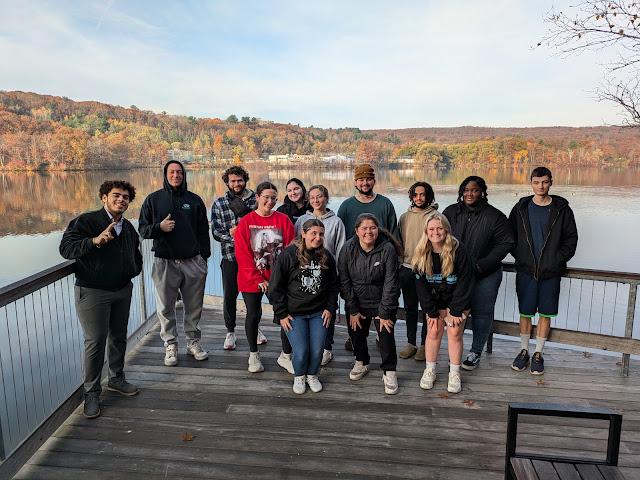Students located the sites along the way and compared the old images and maps to what remains of them today. Then they were encouraged to speculate about the changes before they dug into source material on it. It is an exercise that builds their historical detective skills and also forces them to regard the built environment in deeper ways, certainly more than they can whizzing by in a car.
The course is a recently restored version of an old Jake Powers class (for those of you who recognize that name.) In fact, we use some of Jake's notes, including a wonderfully crusty lecture called "What's Wrong With Worcester History." (Note that he offered it as a statement, not a question.) One of the course's readings is his excellent dissertation, Invisible Immigrants, about the pioneer Irish in Worcester, MA.


Comments
Post a Comment